Webinar sponsored by SHIC and AASV provides resources
For immediate release: December 6, 2019
Ames, Iowa — On December 4, the Swine Health Information Center (SHIC) and American Association of Swine Veterinarians (AASV) sponsored a webinar titled, “Disease Management of Viral Myelitis.” Designed for veterinary practitioners and pork producers, information presented by diagnosticians as well as case studies provided insight into symptoms of these central nervous system (CNS) diseases, appropriate steps for diagnosis, as well as on-farm management experience with porcine astrovirus 3 (PoAstV3), porcine sapelovirus (PSV), and porcine teschovirus (PTV). A video of the webinar presentations is available here.
Dr. Matthew Sturos, University of Minnesota Department of Veterinary Population Medicine, noted symptoms of CNS disease include incoordination/ataxia, weakness, head tilt, inappropriate mentation, circling, blindness, knuckling, tremors, paddling, paresis, and convulsions. Each of these symptoms has a root cause from differing segments of the CNS: brain, vestibular, or cervical.
An appropriate diagnosis is important because other causes of similar symptoms can be the result of non-spinal diseases. Diagnostic assays for viral myelitides require fresh tissues for testing and analysis. During the webinar, Dr. Sturos detailed the appropriate sampling options for accurate diagnoses. In addition to the processes for sample collection, he also said it will help the pathologist when information included with the submission includes the CNS signs. He also recommends submission of non-CNS tissues for the best testing protocol and results.
Dr. Bailey Arruda, Iowa State University Veterinary Diagnostic Lab, further emphasized the necessity of aseptic collection. She also described the necessity of choosing the right pigs for tissue collection, noting disease progression will impact the accuracy of analysis.
With PSV and PTV, Dr. Arruda noted affected herds have pigs from 4 to 16 weeks old impacted with a case fatality rate of 90% to 100%. The typical disease duration is less than four days in individual pigs, weeks to months in a group of pigs, and months to years in intergroup settings. PoAstV3 has been diagnosed around the world with five lineages identified. Pigs from 20 days of age through sows are impacted when infection is present. There is a case fatality rate of 90% to 100%. Treatment has been unrewarding.
Dr. Arruda said fecal shedding of all three viruses is common. She also said development of CNS disease is relatively uncommon, pointing to risk factors for infection of co-infections, genetics, immune response, and maternal immunity as well as diet and microbiota.
In addition to the technical information provided by Drs. Sturos and Arruda, three swine practitioners shared their experience with CNS diseases. Dr. Grant Allison, Walcott (Iowa) Veterinary Clinic, described a client’s PoAstV3 infection. Dr. Pete Thomas, Iowa Select Farms, explained how they managed a PTV diagnosis. And Dr. Aaron Lower, Carthage (Illinois) Veterinary Service, detailed their client’s PSV experience. These case studies illuminated the realities on the farm including diagnosis, recovery, treatments, and learning.
Dr. Arruda concluded the webinar by exploring scientific design to test management options. She said an evidence-based approach is necessary. “We need more information to make decisions for defensing versus reacting,” she remarked. The goal is better understanding of the viruses, hosts, and environment. With her proposed design for exploring CNS, the important of maternal immunity, herd and individual impact, co-infection and/or prior infection role in severity, along with determining other risk factors could help predict infections.
Funded by America’s pork producers to protect and enhance the health of the US swine herd, the Swine Health Information Center focuses its efforts on prevention, preparedness, and response. As a conduit of information and research, SHIC encourages sharing of its publications and research for the benefit of swine health. Forward, reprint, and quote SHIC material freely. For more information, visit https://www.swinehealth.org or contact Dr. Paul Sundberg at [email protected].
-oOo-
For more information: Contact Barb Determan, [email protected], or Ann Trimble-Ray, [email protected], or call 712-273-5745
Copyright 2024 | Swinehealth.org | Website by Heartland Marketing Group